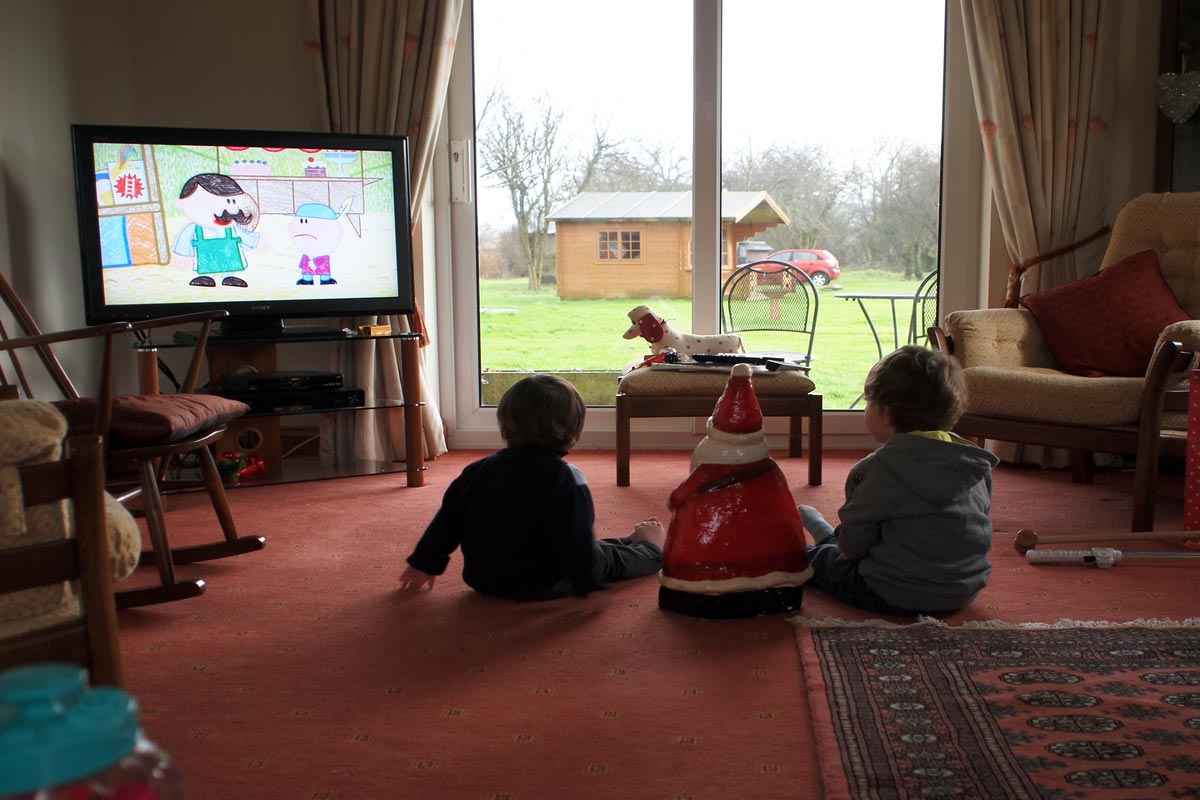
Children in the study were better at identifying music from movies that they were most familiar with. Photo credit: By Julian Tysoe
Think back to the last time you watched a movie with a child. You probably remember them being fully committed to the story of a princess or magician, but do you remember the music? Music plays an important role in most movies, but we know very little about how children understand music. Recent research from the University of Alberta's Department of Psychology suggests that children under the age of five-years-old judge the emotion behind music differently than adults.
A study was conducted with children between four and six years old, where the children clicked an emoji that they thought best represented the emotion of a piece of music. Each of the 18 pieces used in the research came from Disney movies, half from movies that were released before 1960 and the other half from movies that were released after 2006. The goal of the research was to see if children were better at relating emotion to the music from movies that they had seen many times.
The results suggest that children under five-years-old are better at accurately identifying emotion in music that is familiar to them. These results hint at a new concept in children's development, in that there may be a mechanism for learning how to understand music.
Understanding through exposure
"Exposure plays a key role for young children," explained Elena Nicoladis, professor of psychology and acting associate dean (learning and innovation) in the Faculty of Science. "This study is important because it shows that children learn how to understand music, and are not born with that understanding. These results may also point to a bigger mechanism in children's learning."
This research was conducted by Rebecca Stuber, an undergraduate psychology student. Stuber is one of 16 members of the University of Alberta's honors psychology program, which allows students to create unique research studies as an introduction to the field.
"Most of the younger children were better at pairing pieces from Frozenthan Pinocchio," Stuber used as an example. "This difference could be because the children had seen Frozen more than once, but had never heard about Pinocchio-it's all to do with familiarity."